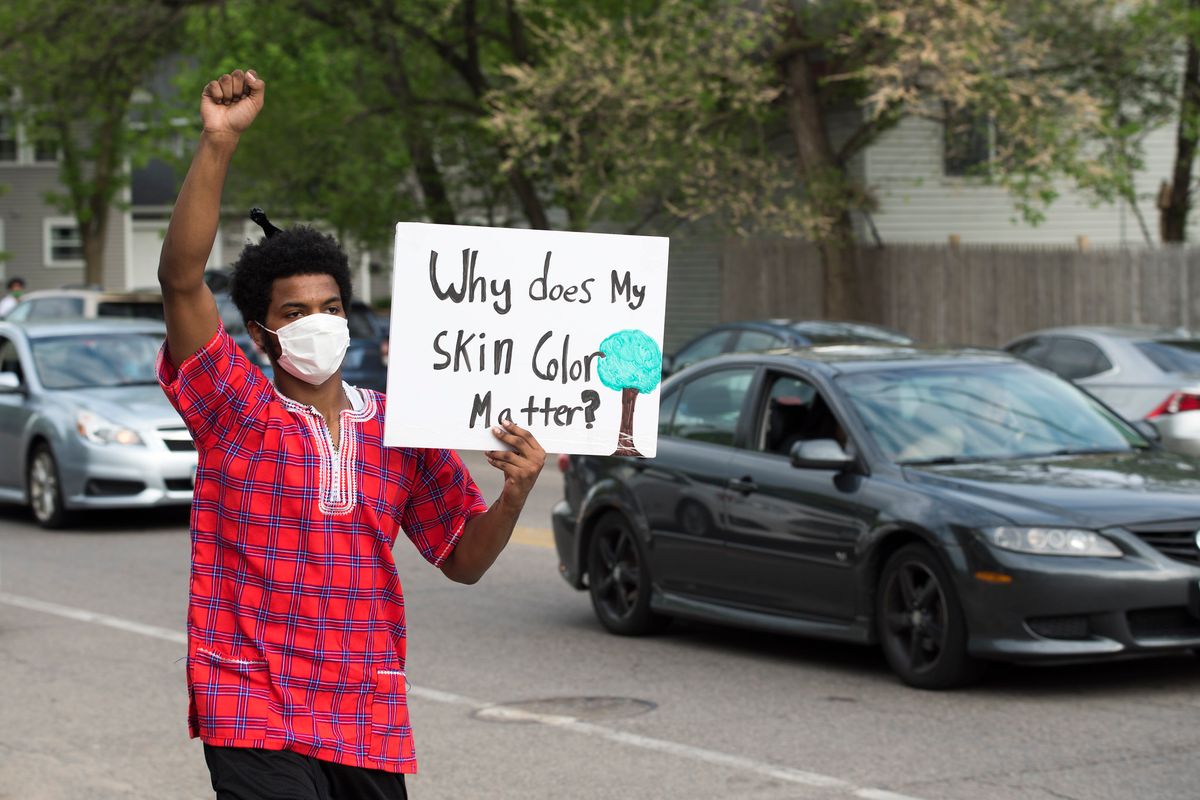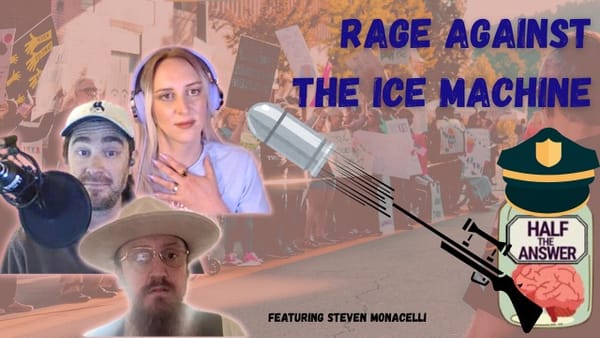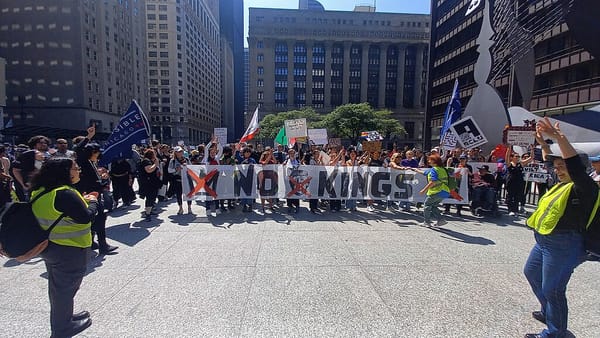Black Lives Matter First

Everyone hates identity politics. Leftists like Walter Benn Michaels argue that antiracism, feminism, and LGBT rights movements divide and undermine the real liberatory battles by emphasizing individual identity rather than universal working class solidarity. Liberals like Mark Lilla, meanwhile, make much the same argument, fretting that identity politics emphasizes difference rather than political “commonality” and unity. “In recent years American liberalism has slipped into a kind of moral panic about racial, gender and sexual identity that has distorted liberalism’s message and prevented it from becoming a unifying force capable of governing,” Lilla moans. Leftist critics of identity politics could have written the same, merely replacing “liberalism’s message” with “class politics.”
And yet, despite all this agreement on the uselessness of identity politics, the fact remains that we’re currently watching a mass uprising sparked by the murder of a black man by a police officer. It is not deracialized class war, or liberal calls for deracialized individual freedom which have brought people into the streets. Antiracist identity politics, and moral outrage at the violence of a specifically racist police force has created an overwhelming thirst for justice and change.
This shouldn’t be a surprise. The most powerful and sweeping movements for equality and freedom in the United States have risen not from Marxist class analysis, nor from liberalism, but from antiracism. The Civil War was the most massive redistribution of wealth in the history of the country, as people formerly considered property gained, to some small but important degree, rights to their own lives and own labor. The civil rights movement spurred the most consequential expansion of the franchise America had seen up to that point, transforming the political balance of power in the country in a way even votes for (white) women did not. Some leftists may call for class unity as a precursor to change; some liberals may call for national or political unity to safeguard liberal virtues. But in practice it has been the (supposedly) narrow cause of antiracism which has inspired transformational fights for economic and political justice, not (supposedly) more universal causes.
Given the evidence of America’s past and present, then, it might be worth reconsidering the vitriol often directed against identity politics. Michaels insists that identity politics is class politics because “It’s the politics of an upper class that has no problem with seeing people being left behind as long as they haven’t been left behind because of their race or sex.” For Michaels and his frequent ally Adolph Reed, the upper class cares only about oppressing the poor, and is happy to oppose sexism and racism as a distraction.
This is a nice theory, but Marxists are supposed to deal in material reality. And in the material reality we’ve got, the status quo political establishment is paying gobs of money to police officers to beat the crap out of antiracist protestors. The fantasy world in which the wealthy and powerful are devoid of racial prejudice is belied by a real world in which police would rather shoot journalists in the eye than hold officers accountable for racist violence.
Michaels claims that antiracism creates a meritocratic excuse to keep the poor down; the rich think inequality is defensible as long as some black people and women are successful. But Michaels has it backwards. The truth is that pervasive racism is the main prop justifying class discrimination. “Meritocrats” tell themselves that they live in a just society because black people are on the bottom, and in a racist nation, it’s “obvious” that white people have the most merit. Equality for black people is a massive threat to the status quo, because it forces white people to acknowledge that the system is not equal, and that the poorest are the poorest because of oppression, not because of lack of virtue.
Lilla similarly blames identity politics for partisan divisiveness. “[W]e have to abandon the rhetoric of difference, in order to appeal to what we share, so that people who don’t share this identity somehow can have a stake, and feel something that other people are experiencing,” he says, before criticizing Black Lives Matter for using “Mau Mau tactics to put down dissent and demand a confession of sins and public penitence.” If black people and women and queer people would just stop demanding and demanding so frighteningly and aggressively, liberalism could turn to the real work of ensuring liberty and happiness for all. But if the real work of justice does not include a robust right to protest, or protection from murder by law enforcement officers, then liberalism means nothing. It is racists who cause divisiveness by trying to exclude black people from the polity, not black people who cause divisiveness for demanding the right to live.
Ultimately, whether leftists or liberals, the anti-identity politics activists are united with conservatives, and with America’s historical status quo, in believing that black people are inconvenient. Michaels and Lilla both worry that identity politics will distract from their core commitments, whether those be class revolution or liberal political stability. Compared to the great sweep of (white) history and (white) justice, black liberation and black equality seem like a parochial distraction. White and black are not universal truths, after all. They’re just passing prejudices. If we can just unify around political rights, or around economic equality, then the force will drain out of our petty hatred, and black people too will be equal and free.
But these claims to a universal freedom and a universal equality predicated on denigrating and ignoring black people’s struggle are themselves based on the very parochial prejudices they claim to transcend. How can you talk about class inequality without noting the brutal, persistent, staggering disparities in racial wealth? How can you talk about a liberal political order without discussing the barriers people of color face to voting? To not see identity is to blind oneself to the mechanisms of injustice in America. It is to assert that the only identity that matters is whiteness, and that anyone else who suffers is not worth mentioning, or identifying.
There are major and real differences between leftists and more centrist liberals, and those differences are worth arguing about. But in an America founded on genocide and slavery, the most important political distinctions are not left/liberal, but racist/antiracist. Identity politics are more universal, precisely because racism in the United States has determined what universality means. “All men are created equal” is more parochial than “Black people are created equal” because the first excludes huge numbers of individuals, while the second excludes no one. In the United States, all lives only matter if black lives matter first. If you accept that, you’re on the side of justice. If you don’t, whether you call yourself leftist or liberal, you’re on the side of hate.
Featured image is Protest against police violence – Justice for George Floyd, by Fibonacci Blue




